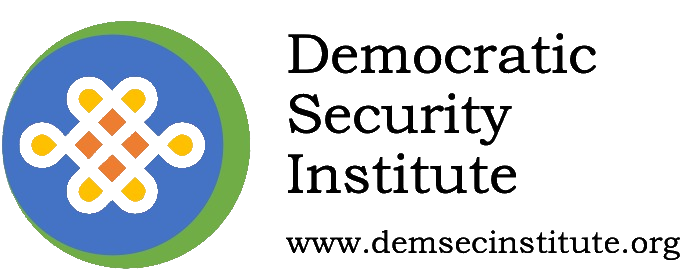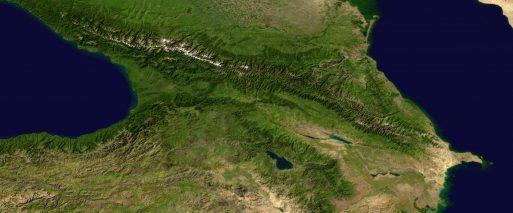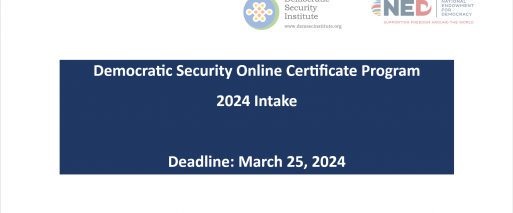-

Mobilizing Emojis: The HAHA Campaign to Counter the Recognition of Abkhazia
By Ann Tsurtsumia-Zurabashvili Being primarily an issue of foreign policy, the local dimension of the counter-recognition policy has remained rather overlooked. How ordinary Georgian citizens react to new external contacts of Abkhazia might be meaningless for the big picture, but it sheds light to the sentiments of societies living on both sides of the division Read More
-
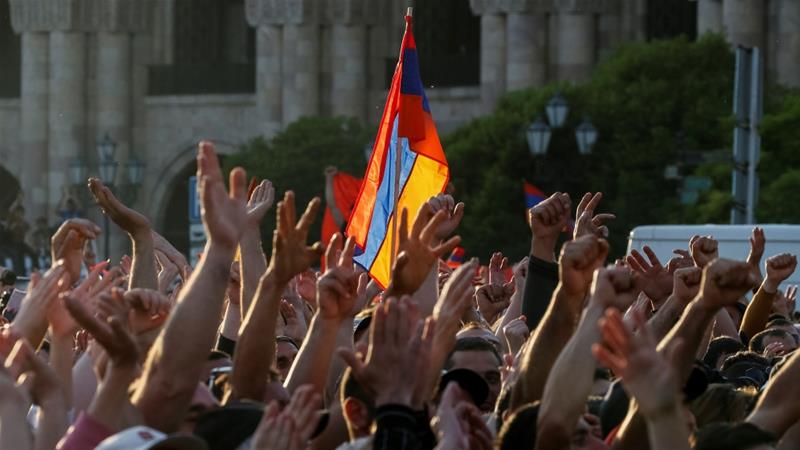
Armenia: Revolution in the EEU
By Dr. Karena Avedissian For Armenia, a country that is a member state of the Russian-led Eurasian Economic Union (EEU) and was widely perceived as slowly slipping into autocracy, the Velvet Revolution was a remarkable achievement. Despite Protest leader and current Armenian Prime Minister Pashinyan’s framing of the protests as an internal issue – not Read More
-
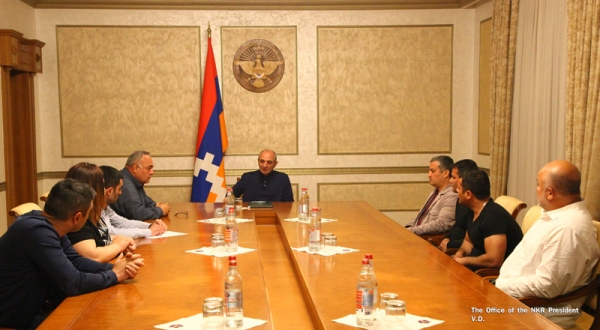
Nagorno-Karabakh’s Hot Political Summer: A Revolution That Didn’t Happen
By Tigran Grigoryan Editor’s Note: The author’s use of unqualified place names in the disputed territory of Nagorno-Karabakh is a reflection of his analytical perspective, and does not necessarily represent the official view of EDSN, CSS, or its affiliates. The velvet revolution in Armenia was a political earthquake which few had anticipated. In less than a Read More
-
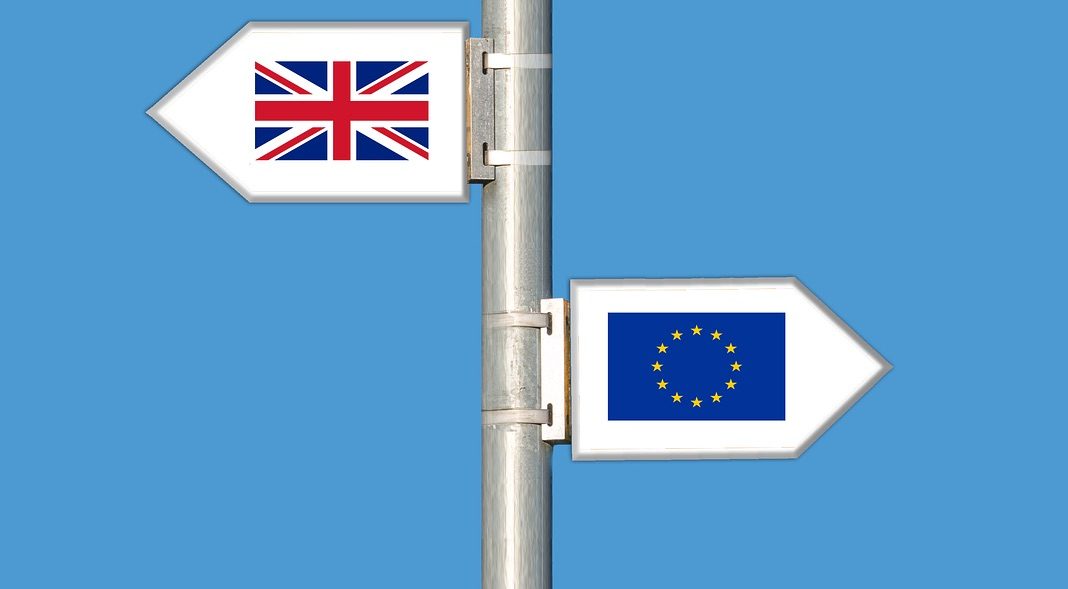
Brexit and the Eastern Partnership – opportunities as well as risks?
By Alexander Nice Barring any last-minute drama, the United Kingdom will cease to be a member of the European Union in just a few months’ time, on 29th March 2019. Brexit represents a fundamental challenge to the European Union, which will lose its second biggest economy and a critical security actor. It also poses a Read More
-
Tulevik ilma e-ta: Eesti roll ELi idapartnerluses
By Emmet Tuohy Ametlikult, Euroopa Liidu idapartnerluse poliitika sai ametlikult alguse 2009. aastal Praha tippkohtumisel ELi liikmesriikide heakskiitmisega—sealhulgas üks, mille nimi algab E-tähega—ning hõlmab koostöö suurendamist kuue idanaabriga: Armeenia, Aserbaidžaan, Gruusia Moldova, Ukraina ja Valgevene. Read More
-
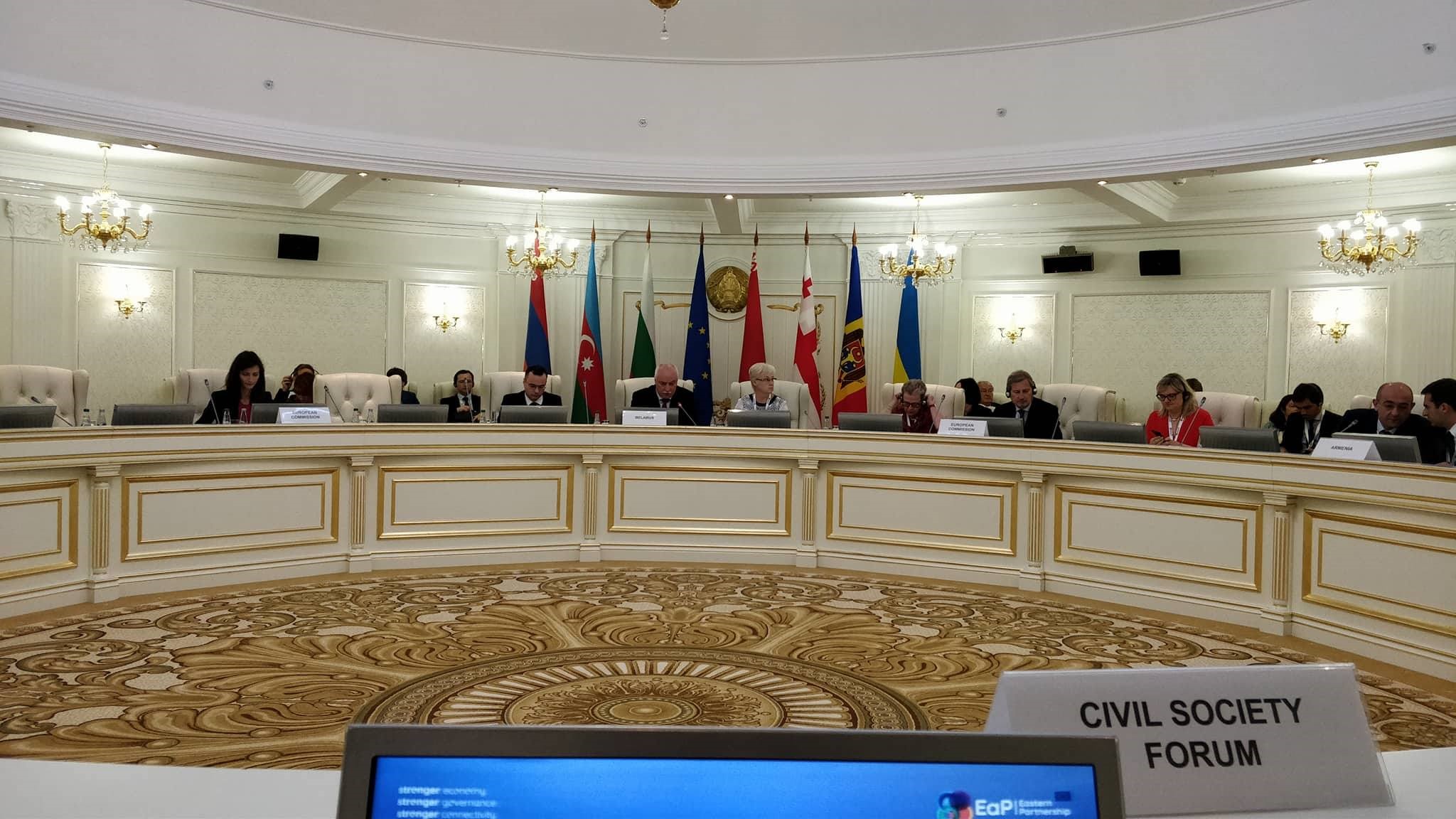
Astroturf or Grass? Civil Society, the EU, and the Eastern Partnership
By Emmet Tuohy In the post-Communist political philosophy tradition, the concept of “civil society” (an ostensibly flourishing collection of independent organizations freely able to pursue their interests, ranging from activist groups to bird-watching clubs, from academic institutions to bricklayers’ unions) is distinguished from “political society,” i.e., that dominated by the personnel and ideology of the Read More
-

Thirty years of war over Nagorno-Karabakh: what are the challenges for democracy?
By Licínia Simão The conflict between Armenia and Azerbaijan over Nagorno-Karabakh started in 1988, initially as a political demand by the Karabakh authorities for formal inclusion in the Armenian Socialist Soviet Republic. It rapidly escalated into violent confrontation, as Azerbaijani authorities refused this demand and Moscow proved too absent to manage the contestation. The final Read More
-
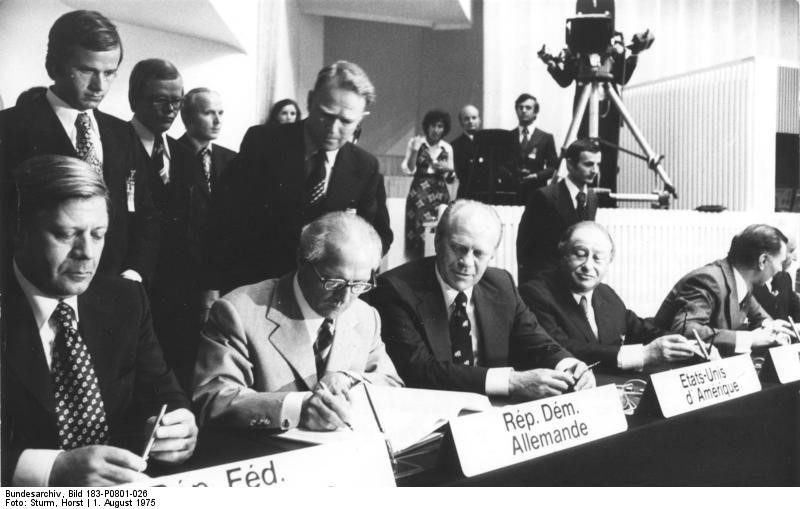
Helsinki 2.0 – An Old-School Solution to an Old-School Problem?
By Emmet Tuohy Commemorating the 40th anniversary of the Helsinki Final Act in 2015, OSCE chairman-in-office Ivica Dačić (then, as now, foreign minister of Serbia) called the agreement a “historic triumph of cooperation over conflict that set the stage for the end of the Cold War.” In historical context, that is certainly true enough. Yet, Read More
Subscribe to our newsletter!
